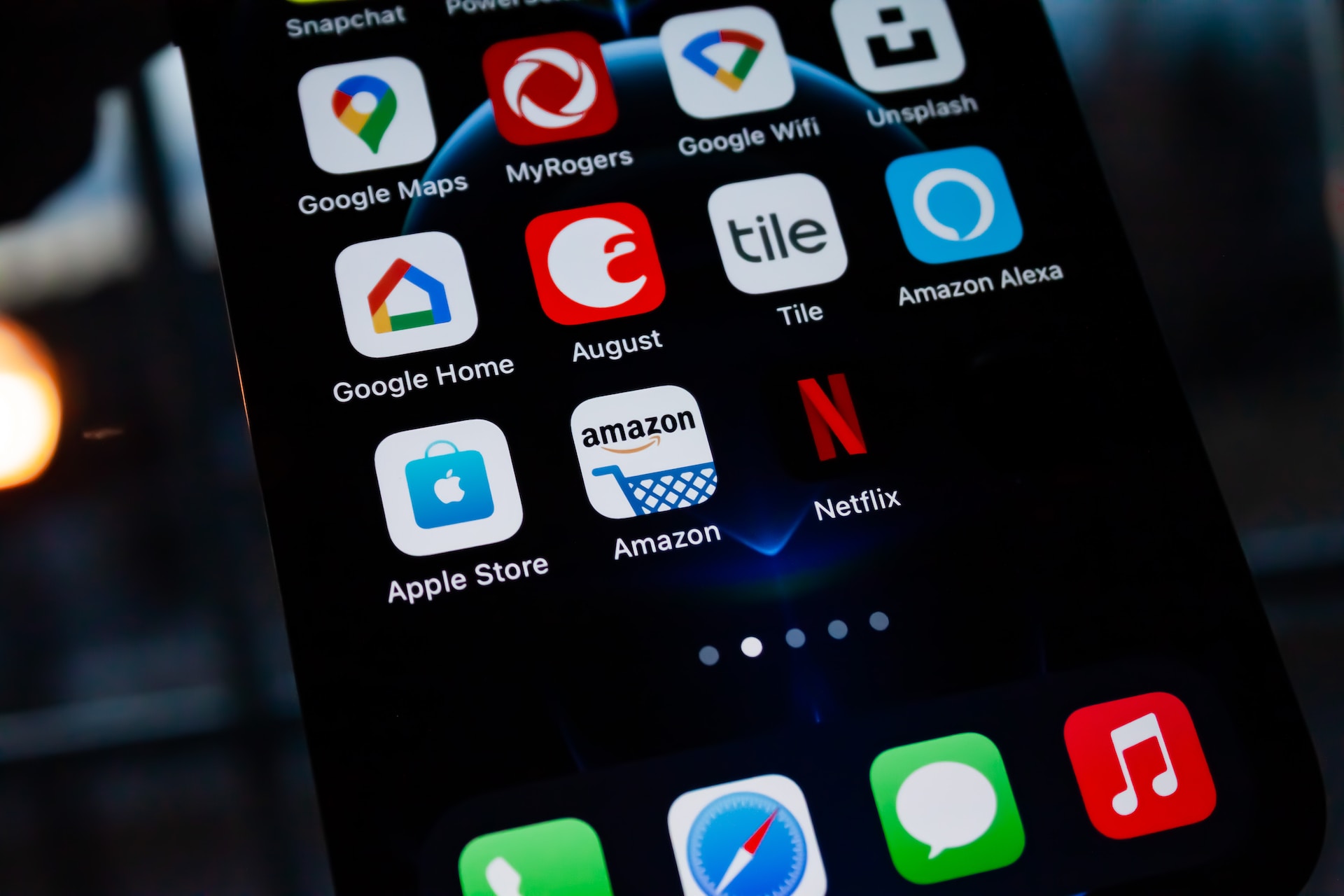On Friday, September 10th, 2021, Judge Yvonne Gonzalez Rogers of the United States District Court for the Northern District of California issued a ruling in the highly anticipated antitrust case between Apple and Epic Games. In the ruling, Judge Rogers concluded that Apple’s App Store policies did not violate antitrust laws, but ordered that Apple must allow developers to include links to external payment options within their apps, thus bypassing Apple’s 30% commission fee.
The case began in August 2020 when Epic Games, the creator of popular video game Fortnite, introduced a new payment system within the Fortnite app that allowed users to purchase in-game items directly from Epic Games, bypassing Apple’s in-app purchase system and the 30% commission fee charged by Apple. Apple promptly removed Fortnite from the App Store, citing a violation of its policies, and Epic Games filed a lawsuit against Apple alleging that its App Store policies violated antitrust laws.
Throughout the trial, Epic Games argued that Apple’s 30% commission fee was anti-competitive and that Apple’s control over the App Store and in-app purchases created an unfair advantage for Apple over other app developers. Apple countered by arguing that its App Store policies were necessary for maintaining security and privacy within its ecosystem and that its commission fee was in line with industry standards.
In her ruling, Judge Rogers sided with Apple on most of the counts, finding that Apple’s App Store policies did not constitute an illegal monopoly and that Apple was within its rights to remove Fortnite from the App Store. However, Judge Rogers also ordered that Apple must allow developers to include links to external payment options within their apps, which could potentially lead to a loss of revenue for Apple if more developers choose to bypass its in-app purchase system.
The ruling was a mixed outcome for both parties, with Apple largely winning the case but also facing a potential loss of revenue from its App Store policies. Epic Games, meanwhile, did not achieve its goal of having Apple’s App Store policies deemed illegal but did succeed in getting Apple to allow external payment options within its apps.
The ruling is likely to have far-reaching implications for the app development industry and may lead to changes in the way Apple and other companies with app stores operate. The decision also highlights the ongoing debate over the control that Apple and other tech giants have over their respective ecosystems and the potential for antitrust violations.
In response to the ruling, both Apple and Epic Games issued statements expressing their views on the decision. Apple stated that it was pleased with the court’s ruling that its App Store policies did not violate antitrust laws and that it would continue to work to ensure a safe and trusted app store for its users. Epic Games, on the other hand, called the ruling a “partial victory” and vowed to continue its fight against what it sees as anti-competitive practices in the app store industry.
The ruling is not likely to be the end of the legal battle between Apple and Epic Games, as both parties are expected to appeal the decision. However, the ruling does provide some clarity on the issue of app store policies and antitrust laws and could set the stage for further legal challenges in the future.
In conclusion, the ruling in the Apple-Epic Games antitrust case is a significant development in the ongoing debate over app store policies and the control that tech giants have over their respective ecosystems. While Apple largely won the case, the ruling also highlights the potential for changes in the industry and the ongoing push for increased competition and fairness in the app development industry.




